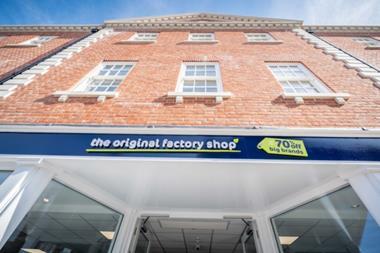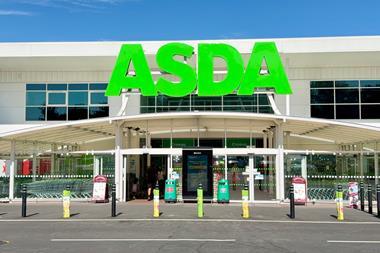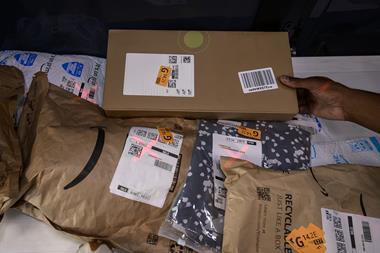Wherever you are on your journey, having the right foundations is key to a successful ESG strategy. Here Ethical Supply Chain Program’s Carmel Giblin outlines three things retailers should consider.
Culture
Growing pressure from consumers, regulators and investors means retailers must examine their supply chains more closely. But external pressure shouldn’t be the only reason to embrace a better way of doing things.
At Retail Week’s recent Sustainability Summit there was a general sentiment that businesses should ‘‘be responsible, even when people aren’t looking”.
ESG should be part of a brand’s DNA. Retailers like Patagonia or The Body Shop are examples of brands that have responsibility engrained into their business.
When it’s embodied in this way, the impact is much bigger. For example, Best Top Toys, a factory in Southern China, joined the ESCP Family-Friendly Factory Program in 2016.
Providing on-site childcare has had a huge impact on staff retention and well-being. Improved efficiency has also resulted in savings of nearly £1m.
Collaboration
Once the intention is set, how can you successfully reach your goals? Sometimes the size of the challenge can paralyse action, so try a test and learn approach. Pilot programmes can help to secure support for implementing larger changes to ways of working.
Collaboration can also lighten the load. This is particularly true when facing new EU requirements, such as the need to provide workers with an effective grievance mechanism.
‘‘Collaboration also often enables access to experts which may not be possible otherwise”
Accommodating this may seem like a daunting challenge, however, companies can approach it far more easily if they seek to collaborate and use existing mechanisms. For example, the ESCP Worker Helpline has been operational for 15 years and has effectively handled over 20,000 cases in China alone.
Collaboration also often enables access to experts, which may not be possible otherwise. The ESCP team comprises people from a range of backgrounds, including product engineers, sourcing professionals and human rights experts. This means they know the environments our customers work in, inside and out. Being located in key sourcing countries also means that those teams can provide on the ground support.
Communication
At every stage, it’s vital to be transparent and communicate what you’re trying to achieve.
Companies can hesitate on this because they don’t have all the answers. While you can’t fix everything overnight, you can outline ‘quick wins’, alongside a plan for longer-term change.
It’s also okay to make mistakes, if you learn from them. A report from Deloitte for example, showed that nearly half of the FTSE 100 made restatements on their sustainability metrics this year.
While this included some numerical miscalculations, changes were also made to the methodology and how information is collected. If something’s not working, then it’s important to make changes as quickly as possible.
ESCP works with many of the world’s most recognised retailers and brands, deploying a range of services from supplier certification through to worker helplines. To discuss how we can help you, contact todd.merton@ethicalsupplychain.org.

Carmel Giblin is president and chief executive of the Ethical Supply Chain Program (ESCP), formerly known as the ICTI Ethical Toy Program.
Carmel strongly believes that businesses in all sectors have a duty to improve labour and environmental standards across their supply chains, by putting transparency at the core of everything they do.
In her role, she is committed to supporting and growing the ESCP’s membership base – while also overseeing the organisation’s responsible sourcing programs, which aim to meet the needs of workers, manufacturers, suppliers, licencors and retailers.
As a committed advocate of better lives for workers she has led the development and successful implementation of a range of worker well-being programs that have led to significant enhancements in worker welfare in global supply chains.
























